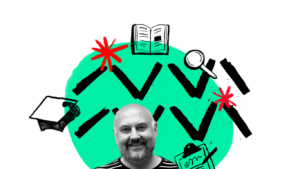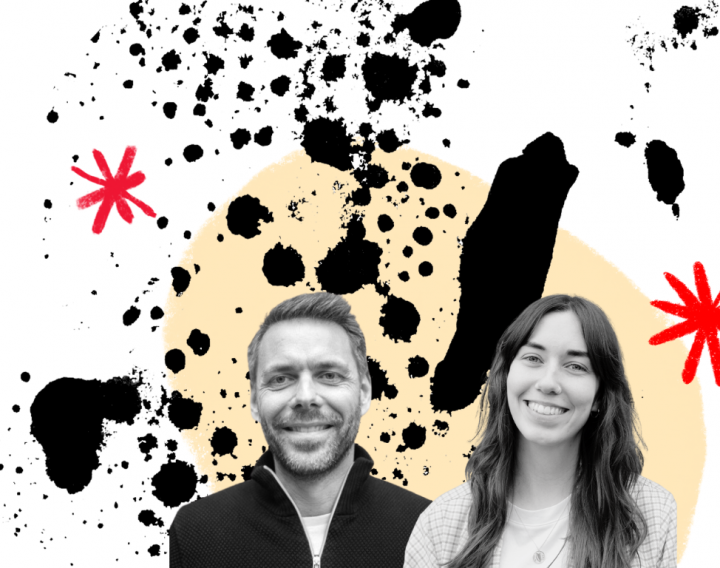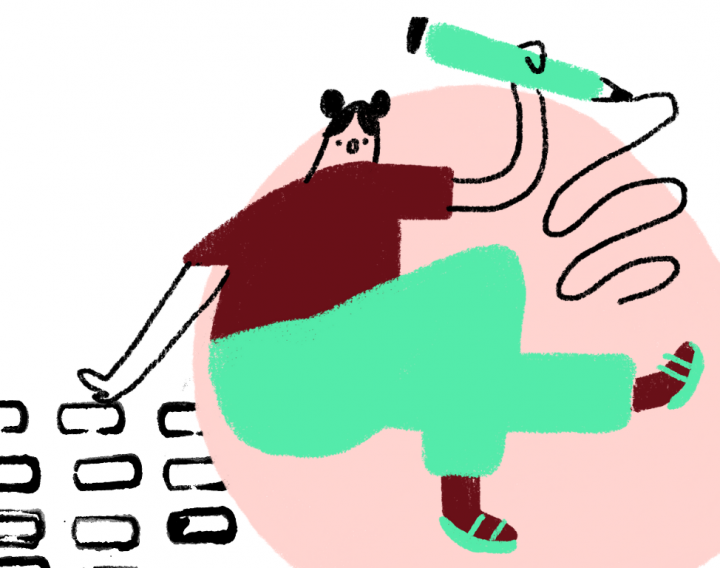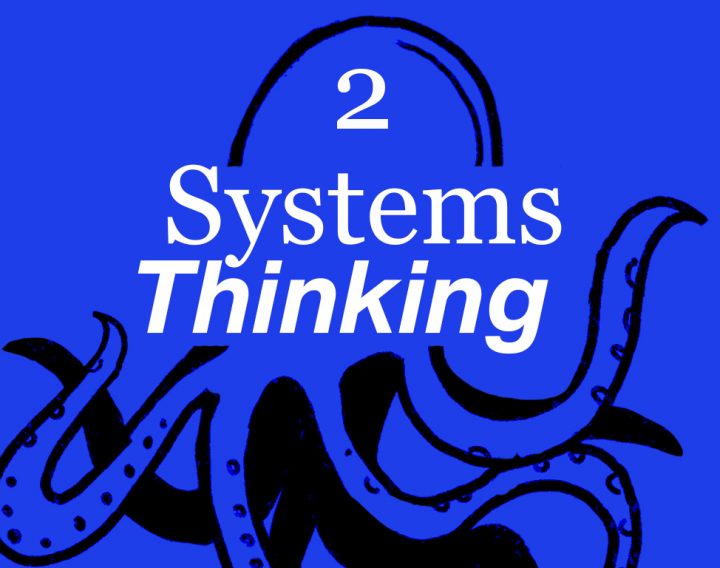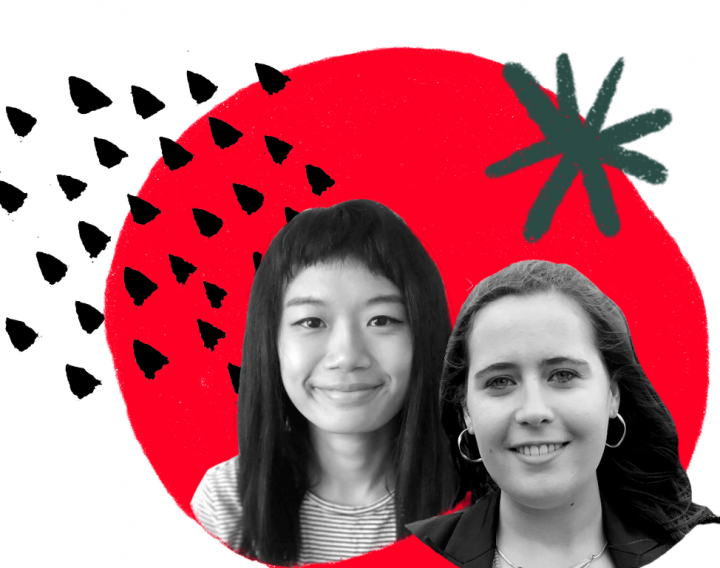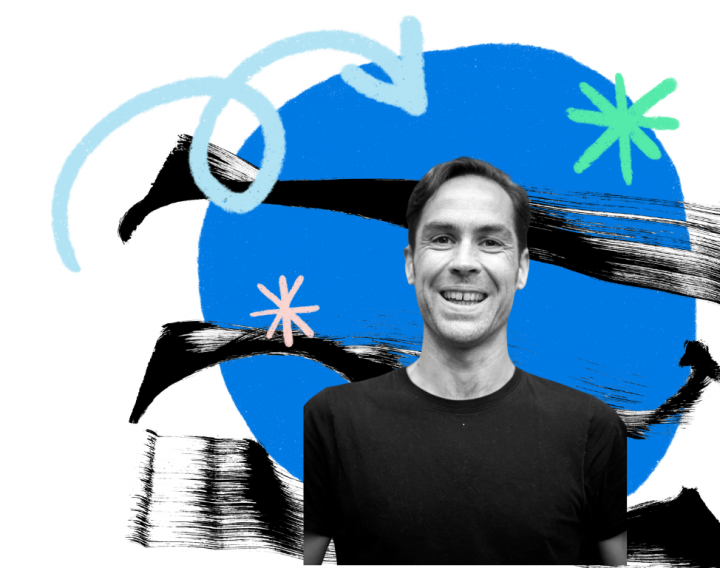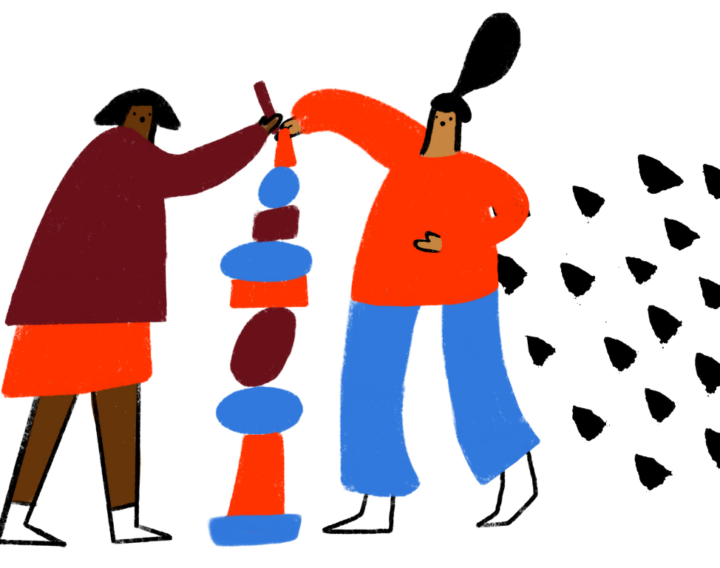
Becoming a User Researcher isn’t always a linear journey like other careers can be. In this article, Gordon Tait, User Researcher at Snook, reflects on his lifelong passion for research, and shares what he has learned from applying his practice in different contexts throughout his career.
I remember my Nana had a full set of encyclopaedias and, as a (pre-internet, pre-Wikipedia) child, I plundered their pages for information about the world. I am a researcher. I grew up a researcher. I have always been a researcher. Yet, I stumbled from academic research into user research.
My degrees are in English Literature, which I pursued to doctoral level, and, in my PhD, I examined how writers from working-class backgrounds are misrepresented by literary culture. Where social power structures looked down upon them to define their position, I took the opposing view. I looked up. I took the position of the writer to expose how they had been labelled and excluded from certain spheres. I put the writer at the centre of my research; a shift in focus that proved invaluable for my transition into User Research.
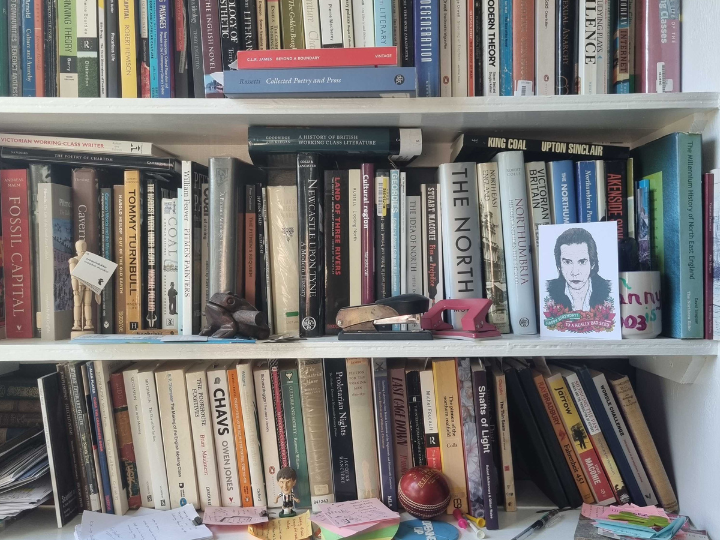
Lessons from academia
While I consider myself to have been a researcher throughout my life, academia validated and certified my abilities.
Academia fostered within me a sense of confidence. It taught me rigour, it taught me to be resilient and determined when searching for data, it taught me how to utilise a wide range of resources to locate information and how to follow traces and scraps to find primary materials. It also taught me how to let the research speak for itself and how findings need to be backed by the data.
Working in and with archives, I found a lot of primary materials, some of which had not been looked at for over 150 years. As a result, I learned how to handle and manipulate large amounts of qualitative data. I learned to analyse, to synthesise, how to bring together, often from seemingly unrelated fields, disparate pieces of information and to connect them, to fit them together like a jigsaw, to create a coherent and engaging narrative from pieces and fragments.
But most importantly of all, academic research taught me to question assumptions that people had previously made about the same data I was looking at, it refined my sense of ‘how’ to do research, and how to tell the story of that research.
Charting a new course
The shape and nature of Higher Education has changed significantly in recent times, my hopelessly romantic notion of the possibility of a professorial dotage (which involved cobwebs, piles of books, and, somewhat bizarrely, Vienna) has disappeared, and with the Humanities shrinking rapidly, an academic career seemed both a distant and a distasteful prospect.
To continue, formally, as a researcher, I had to look further afield, which is when Snook appeared on the horizon.
A transitional experience
Despite my newly certified confidence in my abilities as a researcher, the move from academic research has not been simple. There has been a lot to learn and difficulties to overcome.
User Research was new to me when I joined Snook, and I entered this world with few, if any, preconceptions, which is, conveniently, a healthy position to be in as a researcher.
As an academic researcher, I constantly advocated for my subject in the face of misunderstanding and, sometimes, open hostility. I felt I was working in conjunction with my research subject, they were in fact, in a metaphorical sense, a participant and not a subject. As a user researcher I do the same, albeit with living and breathing participants.
I advocate for the individual within a wider process, mechanism, or product; the user is at the centre of my practice, and they have an active role in the process, they are integral to it.
Although I had the sympathies in place, user interviews, usability testing, focus groups, co-creation workshops, user needs, alpha, beta, prototyping, affinity mapping, agile, GDS, UCD, and so on, were all alien terms to me in a practical research context. Some remain slippery, even now and coming to terms with new jargon, a new language register, has probably been the hardest part of this transition.
Another difficult aspect of the transition is the different role of the researcher in the design process. Within the academy I did my research, the results, the findings, the outputs are associated with my name and my name is known, in a very small way, within an academic field. And this is something my ego has struggled to come to terms with. I no longer own the research, I have no real obligation to it, I am anonymous in the research, I have no control over the impact of the research once it has been handed to the client.
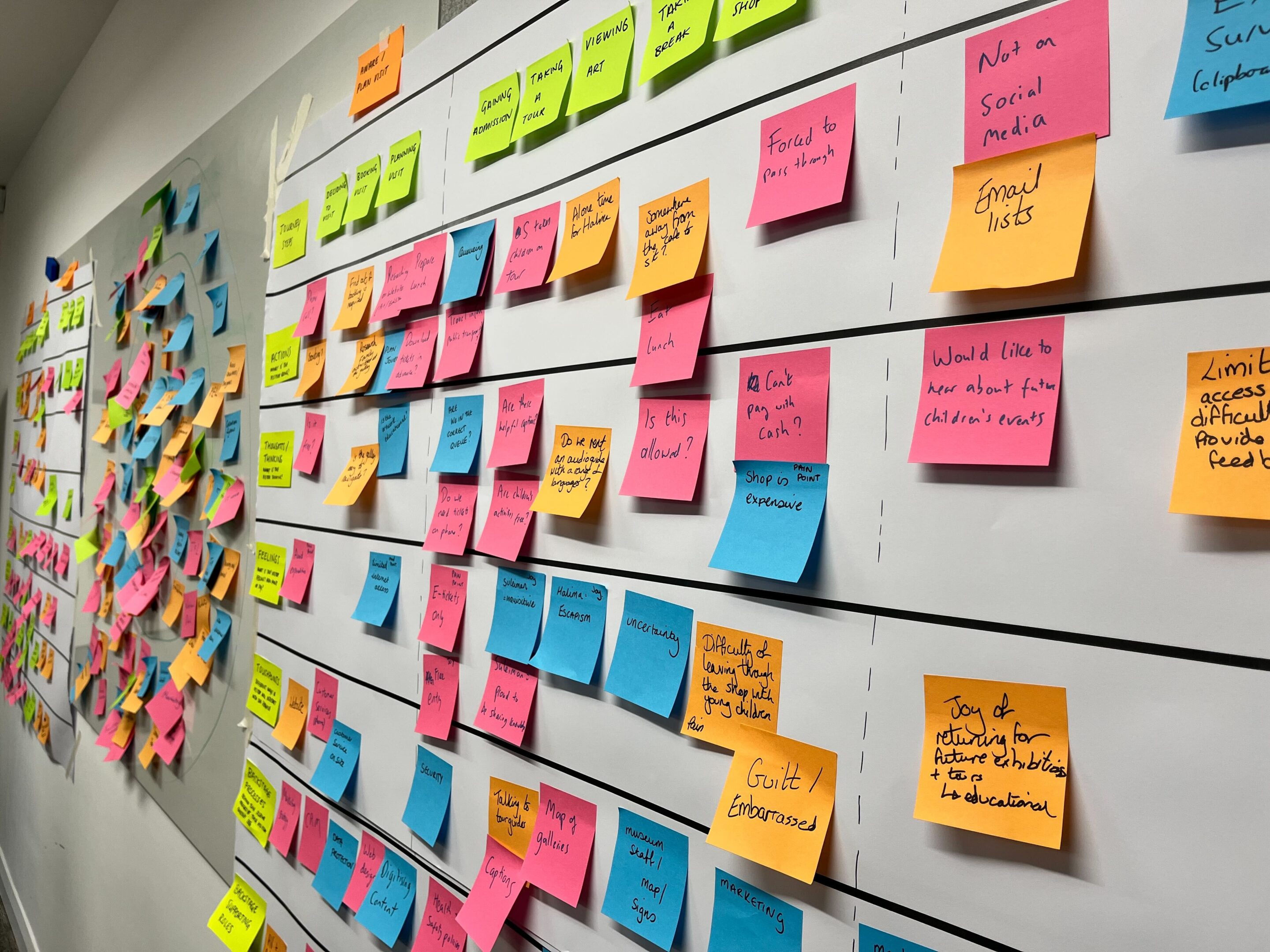
Making an impact with User Research
While pursuing my PhD, what I wanted from my post-doctoral life was to be able to make a difference. I had the ambition, which was either wildly naïve or outrageously pompous, to help to roll back decades of neglect in intellectual and social circles, particularly in the North of England.
I wanted to make an impact.
Within User Research, the tangibility of impact has been so much more immediate.
While teaching in academia, you can observe the journey of students and see them develop, but each year there is a reset, a new set of students, and you rarely see the post-university person they become. Your research rarely important beyond a small group of similar people. Within User Research, however, I have seen the minds of clients be changed by the research I have done. I have seen the impact that the work of colleagues has had on society.
But that is not all.
The breadth of research topics that are made available to me in User Research is far broader than would ever be the case in academia, where I would be expected to forge my way within my specialism and remain largely within that field: knowing more and more about less and less.
Outside of the academic world, I have explored the cultural differences surrounding death in the UK and Japan, worked alongside child and adult social care providers, reviewed the effectivity of government programmes, the viability of apps, trained staff in health care organisations, helped establish volunteering programmes in the cultural sector and helped shape five-year organisational strategies. The breadth of topics I have encountered has been diverse, enriching, and without the existential threat involved with having to publish your academic research to keep your job.
Things User Research has taught me
My main problem in academic research was knowing when something was finished, the temptation to press on further into the research, to tinker, and to edit was a permanent presence. Yet, as all writers know, the only time a piece of work is finished is when a deadline has arrived. In User Research, the pace of work is so much more intense and the deadlines so much sooner to arrive, being able to let go and coming to know when enough is enough has been a valuable lesson.
As has working in collaboration and partnership with others. My previous research was alone and isolated, but instead I have had to learn share workloads and to be part of a research team.
Finding myself working with engaging people from numerous disciplines with very different specialisms, while using very different research tools has been one of the most rewarding experiences of my working life.
Once a researcher, always a researcher
Ultimately, this isn’t a piece about User Research being better than academia, or vice versa, they are just different beasts, both have their advantages. And my ego does miss my own little piece of the academic world where I have some (very small) level of prestige as opposed to the relative anonymity of User Research, yet the ego is largely satisfied by the very real sense of having an impact.
Although the pace is more intense, I have found the pressures less and shared. There is no sense of publish or die and I have a self-contained working week where my research is not a hobby disguised as work. Instead, my academic research is an ongoing hobby with all the attached expectations and commitments.
The breadth and pace of my research now, the speed at which I am learning about new worlds, a whole new palette of methodologies, have all added far more colour to my life as a researcher. Which, in the end, continues to satisfy the need to understand that that child felt as he submerged himself in those encyclopaedias.
In addition to being a User Research at Snook, Gordon is currently working on a book version of his PhD research to be published by Manchester University Press.
